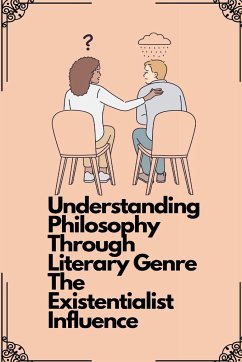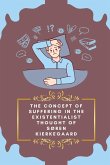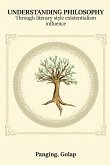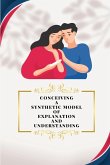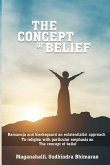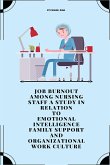In philosophical aesthetics, the question on the relation between literature and Philosophy is perhaps a primeval matter. Still for Plato's Socrates the squabble between poets and philosophers was ancient. Philosophers' perspectives on the cognitive value of literature, that is, whether literary works may offer knowledge of a significant kind, may be generally divided into two categories: for and against, mostly against. Unsurprisingly and as anticipated both views got their fundamental formulations. On the one hand, there is Plato, who viewed poets as philosophers' antagonists on the journey to truth. Plato's antagonistic view of poetry, most particularly articulated in the tenth book of The Republic, concerned mostly the basis of poets' knowledge. As Plato saw it, poets' replicate actual world objects which he contemplated as insufficient and substandard copies of thoughts and ideas, and hence they do not demonstrate the vital but merely copy the fortuitous. Furthermore, Plato argued that the imaginative and creative act in poetry was not a rational enterprise, but that poets composed their works under an irrational, divine inspiration. On the other side, there is Aristotle, who considered poetry a cognitively valuable practice. In a well-known passage in the Poetics he maintained that poetry is a foundation of information concerning potentialities and possibilities. As Aristotle put it, 'the function of the poet is not to say what has happened, but to say the kind of thing that would happen.

